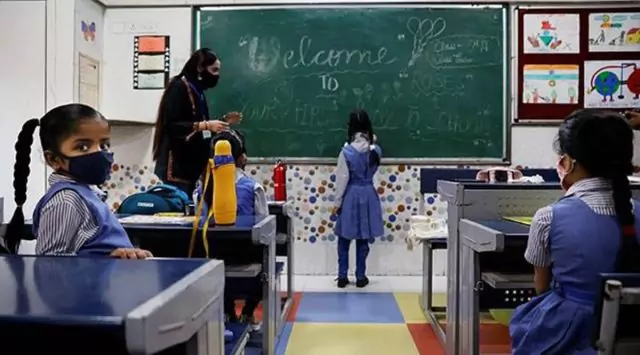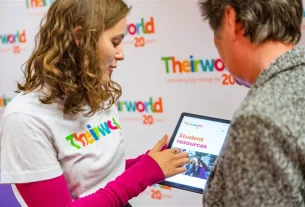A significant percentage of government school students are unable to reach earlier class-level abilities as a result of school closures due to the Covid-19 pandemic in the last two years, a study by the Azim Premji University titled ‘Teacher Efforts to Support Learning Recovery after School Reopening’ published on Thursday revealed.
The study indicates that although there is a high-engagement effort by committed teachers to help students recover from the learning loss, a significant number of students lacked the learning abilities of the previous two years. Even as students are now in the process of moving to the next class, they are still not proficient in the abilities of their previous two classes because they hardly learnt anything in the past two years, the study has found.
The study was conducted in 41 districts across Chhattisgarh, Karnataka, Madhya Pradesh, Rajasthan, and Uttarakhand and covered 108 teachers and 1,644 students in Classes 2 to 5. In Karnataka, a total of nine districts and 463 students were assessed and 30 teachers were interviewed and observed.
While Karnataka has initiated the learning recovery programme for this academic year, other states have adopted initiatives taken by the Centre, including a 100-day reading campaign and focusing on foundational literacy and numeracy through the FLN Mission, says the study. In fact, most states have reduced the content of textbooks, based on either identification of essential learning outcomes or concepts. The curriculum has been systematically refurbished in a couple of states through prioritising learning outcomes, and a few other states are in the process of doing the same.
The study was conducted along the learning loss of previous class abilities related to mathematics and language. Around 70 per cent of Class 3 students and about 61 per cent of Class 5 students were not able to demonstrate specific abilities assessed in language. In fact, less than half of the students across Classes 2, 3, 4, and 5 showed improvement in language. Whereas, 57 per cent of Class 3 students and 54 per cent Class 5 students were not able to demonstrate specific abilities assessed in mathematics.



